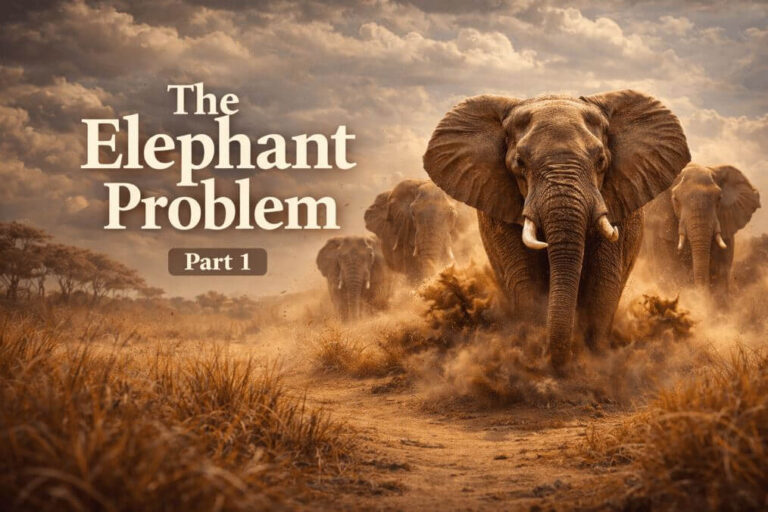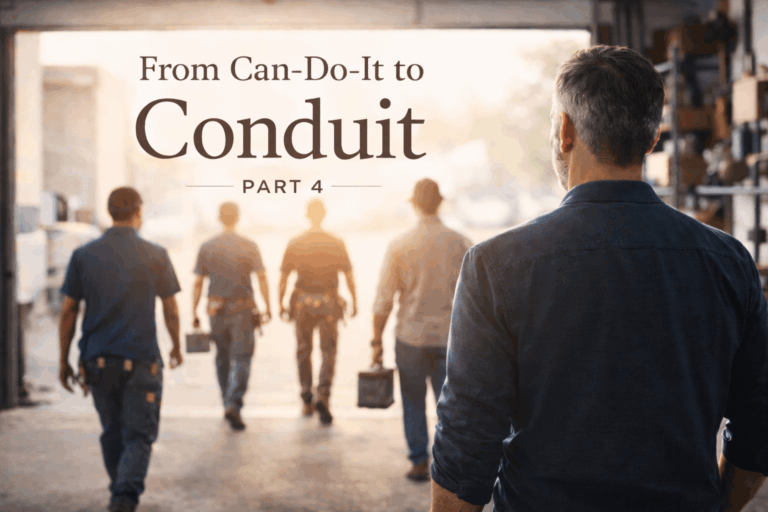If you follow the logic of a business colleague and friend of mine, Mark, the unfavorable connotation so many of us attribute to getting fired is overrated.
Mark is the owner of several national plumbing franchise locations, but early in his career he seemed to make a practice of getting fired. When asked about this in an interview once, he responded, “That’s what I do. I’m very good at it. I’ve made a career of it.” He claims he never set out to be an entrepreneur; he just kept getting fired.
As with many entrepreneurs, Mark has quit, gotten fired, or failed his way into growing one of the largest franchises in the network. Not bad for a guy who started out parking cars at a football stadium for two dollars an hour when he was 13 years old.
Mark’s penchant for getting fired made me wonder how often business owners inadvertently restrict the growth of their company because of their fear of failing at the job they’ve created … and that they’ve been paying themselves to perform! While nobody’s going to say it out loud, I think our behaviors often give this away.
We get comfortable doing what we’ve always done. Many of us have experienced having a long-term employee who was perfect for their job when they were hired, but as time passed and the company grew, they seemed to stagnate.
What about business owners? The same can be said for many owners whose professional growth seems to stagnate as their company grows.
I’ve written in the past about a term I call “Leadership Debt.” This is where the owner of a business or members of their leadership team stop developing their own leadership or business skills. When we stop learning as business professionals, our brains shift into neutral and we end up without any new ideas to bring to the team.
Sometimes our fear of being fired shows itself as a fear of change. There’s little doubt that getting fired brings with it the pretty jarring realization that your world has just changed—and usually not just a little. To avoid the chance of being fired, we sometimes go to great lengths to do just enough to prevent it but not enough to drive our business or our career forward.
Further on in the interview, Mark was asked to talk about the secrets to his success. His response was curious. “I see my failures more than I see my successes. The failures were all very important.” Any failure can be tough. It can impact us financially, physically, and occasionally leave a mark on our ego … if we let it.
Failures can also be sources of inspiration, motivation, and great learning experiences … if we let them. Our successes reinforce the one thing we did that led to that success. Our failures open our world to myriad possibilities that we haven’t yet tried.
When we’ve been conditioned throughout our lives to succeed in whatever endeavor we undertake, it’s only natural that we would do our best to avoid failing at it. But when we let our fear of failing (or in this case, of getting fired) stand in the way of doing our best, then by default we’re handicapping ourselves.
While I wouldn’t advise anyone to intentionally try to get themselves fired, my friend Mark might suggest that they not worry too much about it.



